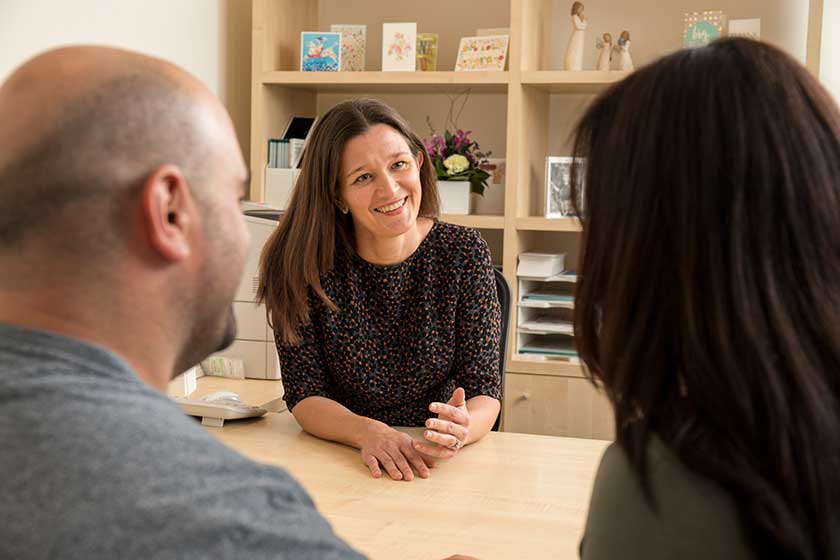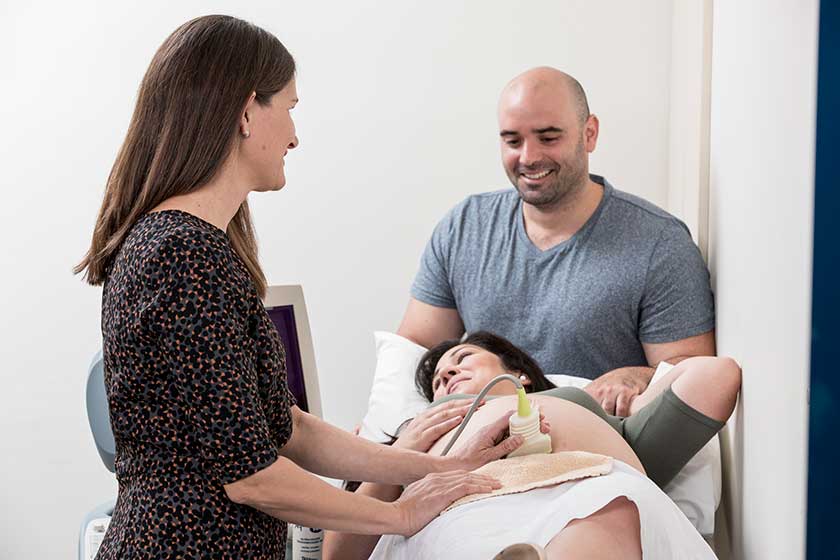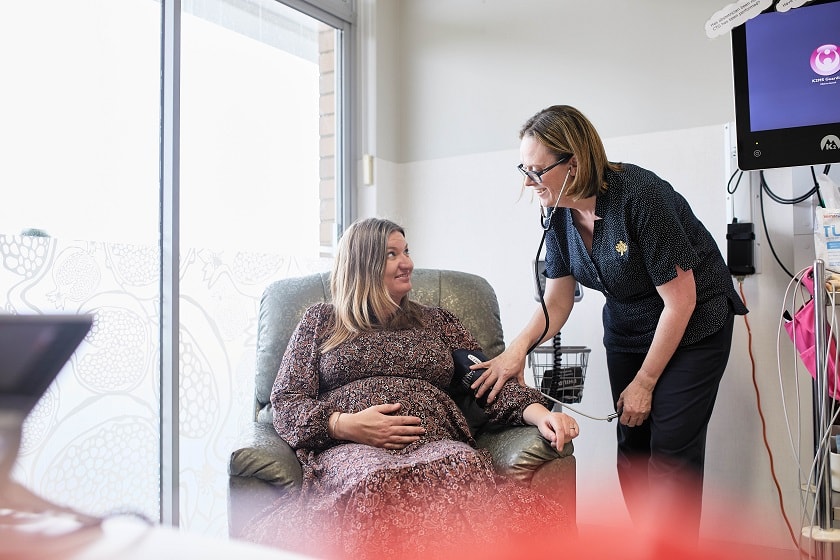First published 26 April 2018. Updated 15 August 2024.
Many people would like to be under the care of an obstetrician but are often unclear on what to expect from them. Let’s take a closer look at their role.
What does an obstetrician do?
If you are under the care of a private obstetrician for your pregnancy, your obstetrician will be your main point of care for managing your pregnancy and leads the care team when you come to hospital for the birth of your baby.
You will see your obstetrician regularly throughout your pregnancy and have follow-up appointments after your baby is born. In short, a private obstetrician is your medical expert dedicated to care for you during pregnancy, childbirth and the period immediately afterwards.
When do I start looking for my obstetrician?
It’s best to find an obstetrician early in your pregnancy. This will ensure you receive expert guidance from the start of your journey to parenthood. Read more on finding the right obstetrician for you.
When will I first see them?
It is recommended that you see an obstetrician early, usually between 10 to 16 weeks.
Your GP can recommend the most suitable timing depending on your personal circumstances. They will need to provide you with a referral.
It’s best to ask lots of questions in your first appointment with an obstetrician and talk about your preferences for the birth.
If you don’t feel that the obstetrician is a good match for your needs, you can choose a different obstetrician.
What happens at an obstetrics appointment?
The aim of obstetric appointments is to provide women with expert monitoring for fetal growth, maternal health care, screening and education.
Please refer to your obstetrician’s advice during your first consultation to understand your schedule of appointments over the course of your pregnancy. These appointments will include ultrasounds, blood tests and other screening options.
How regularly will I need to see my obstetrician?
This will vary between people, depending on the circumstances of your particular pregnancy.
As a guide, your obstetrician might see you:
- monthly, until approximately 28 weeks
- every two weeks, until 36 weeks; and then
- weekly until the birth of your baby.
What if I have questions outside of these appointments?
Always feel free to raise any questions or concerns that you have outside of appointments. Your obstetrician will advise you on how to do so during your first appointment.
Typically, you can call the practice and speak with a member of the obstetrician’s team, who might be able to answer your query directly or refer you onto the obstetrician for a return phone call/email or appointment.
What are the costs involved in having an obstetrician?
Obstetric costs will vary depending on factors such as your health fund, the status of your Medicare Safety Net and even the state you live in. For example, obstetric costs are usually higher in Sydney than the national average.
A full schedule of obstetric costs should be provided at your first visit.
It is important to check with your health fund that you have family cover, and not just singles cover, to ensure your baby is covered by health insurance while in hospital.
In addition to obstetrics, you’ll also need to factor in some budget allowance for additional items that might come up, such as:
- pathology (blood tests)
- radiology (scans)
- a paediatrician (a doctor who specialises in caring for babies/children, some are specialised in babies only)
- antenatal classes (to help you prepare for childbirth and early parenthood)
- anaesthetics (for pain relief).
Costs for these can be obtained from each of the respective service providers.












